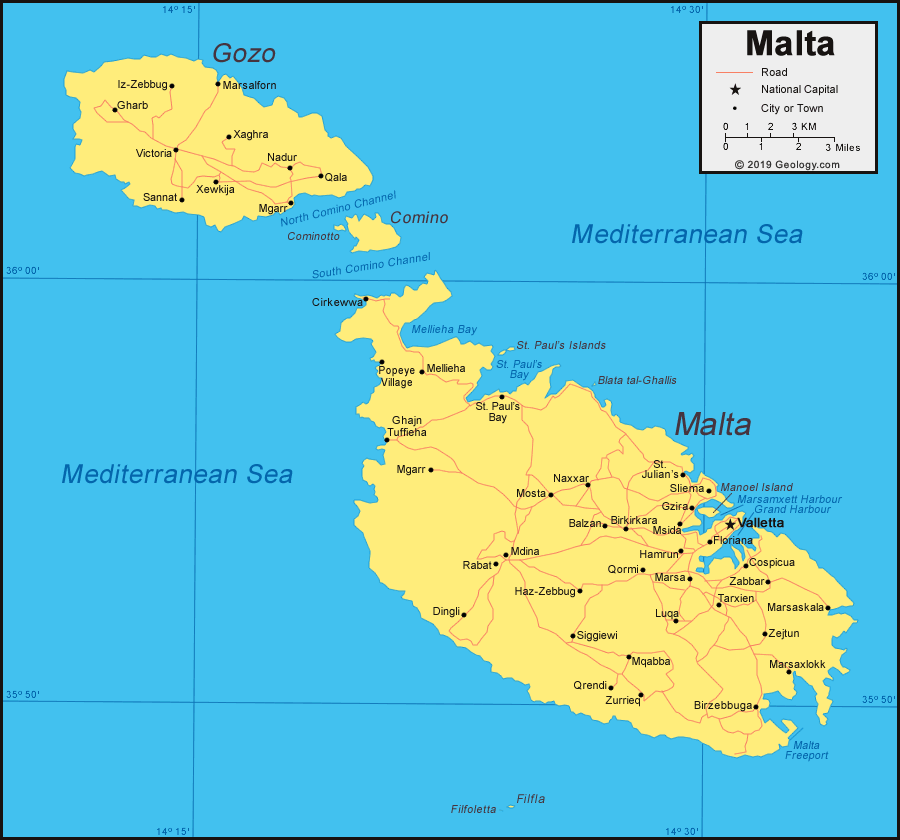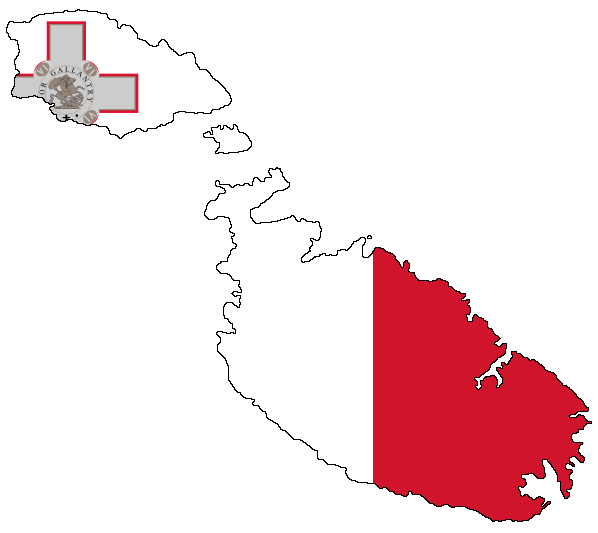Key Points:
- Malta’s asylum determination system deemed inadequate by European Court of Human Rights
- Bangladeshi journalist awarded €7,000 in damages after being denied protection
The Ruling:
The European Court of Human Rights has ruled against Malta and its system of asylum determination, deeming it as inadequate and in violation of the European Convention on Human Rights. In the ruling, it was highlighted that the Maltese authorities had failed to provide proper reasoning for rejecting the journalist’s application for asylum and had a flawed procedure that did not allow for an appeal. As a result, a Bangladeshi journalist who had been denied protection was awarded €7,000 in damages.
The Inadequate Asylum Determination System:
Malta has been criticized repeatedly for its inadequate asylum determination system. The system is slow, overburdened and not able to handle the volume of asylum claims it receives. This leads to long waits for those seeking asylum, many of whom are placed in detention centers while their claims are being processed. Studies have shown that these detention centers have poor living conditions that are not conducive to ensuring the well-being and dignity of those who are detained. The European Court of Human Rights’ ruling serves as a reminder for Malta to take necessary actions to improve its asylum determination system.
Impact on Journalists Seeking Asylum
The case of the Bangladeshi journalist denied protection in Malta highlights the challenges faced by journalists seeking asylum in Europe. Journalists are often targeted for their reporting, and as a result, face threats to their safety while carrying out their job. Many journalists seek asylum in Europe to escape persecution and continue their work, but the process of securing asylum status can be fraught with difficulties, as seen in this case. This ruling by the European Court of Human Rights sends a strong message to all EU countries to ensure that their asylum determination systems are fair and efficient, and that they provide adequate protection to journalists seeking asylum.
Conclusion:
The European Court of Human Rights’ ruling against Malta’s inadequate asylum determination system and the damages awarded to the Bangladeshi journalist is a significant reminder of the need for countries to provide fair and efficient asylum determination systems that adhere to the European Convention on Human Rights. The case also emphasizes the challenges journalists face when seeking asylum in Europe. It is important that EU countries take necessary measures to ensure the safety and well-being of journalists seeking asylum and that their rights are protected.










